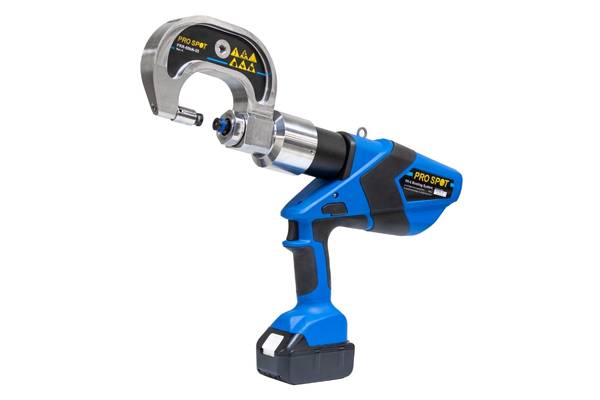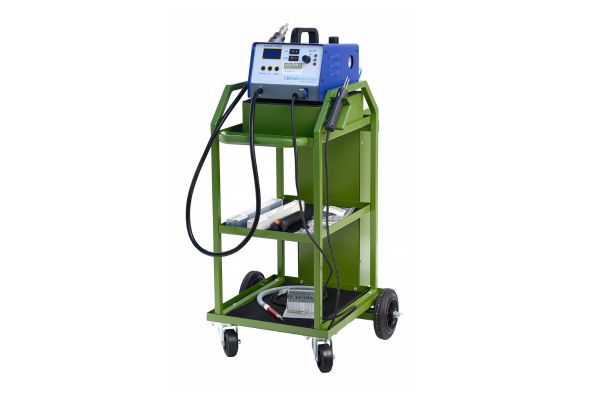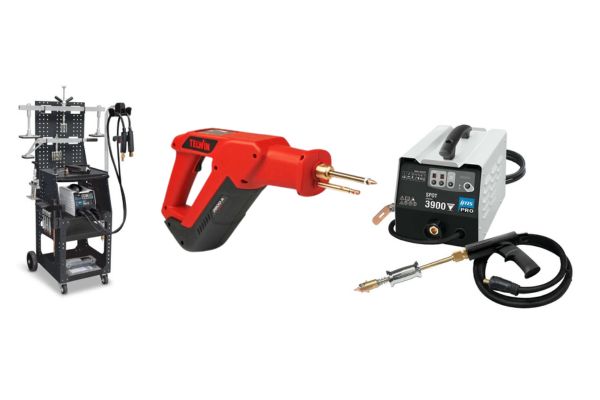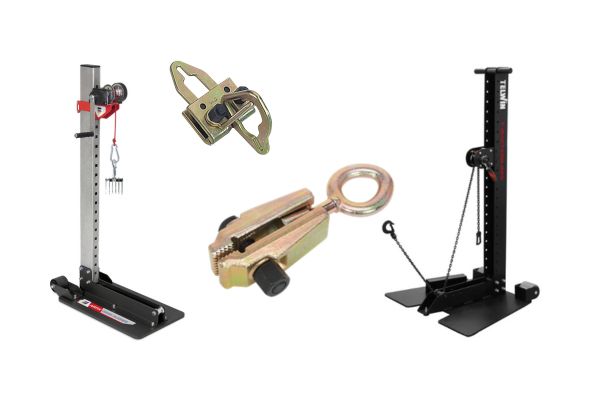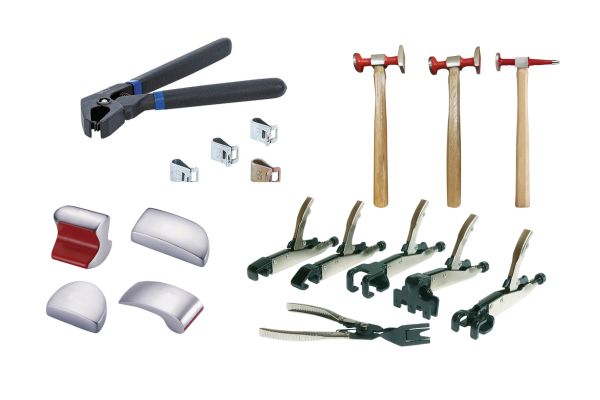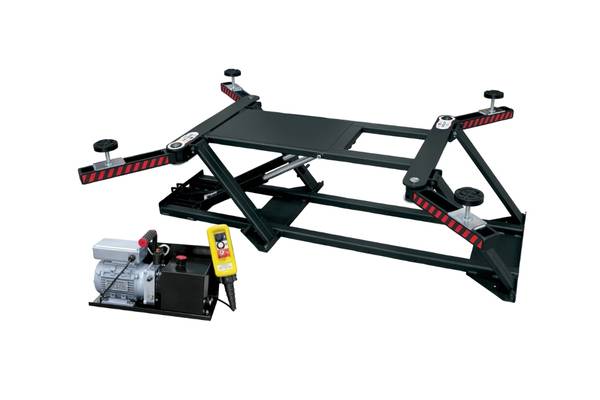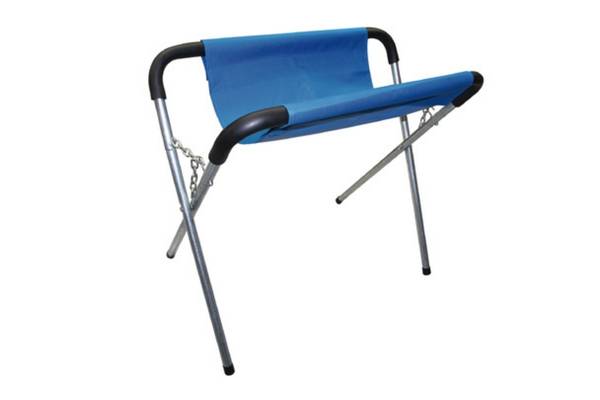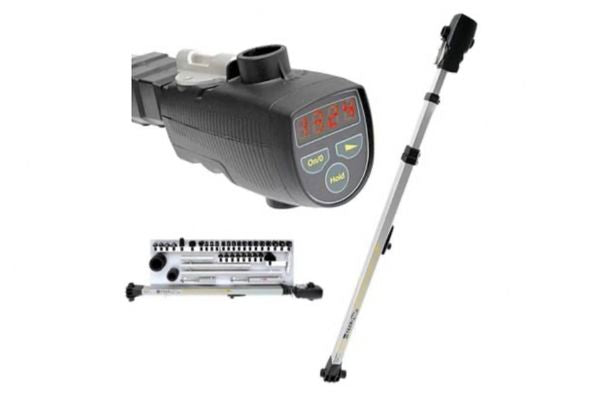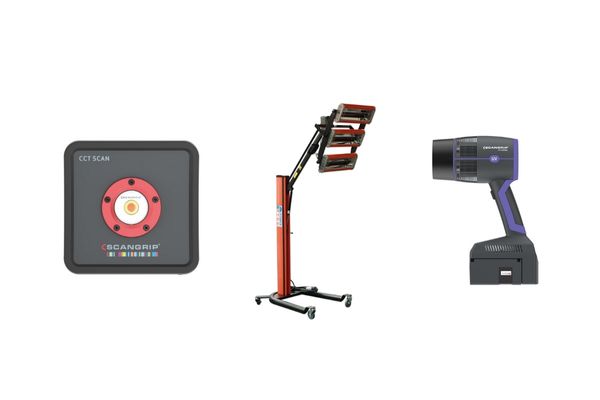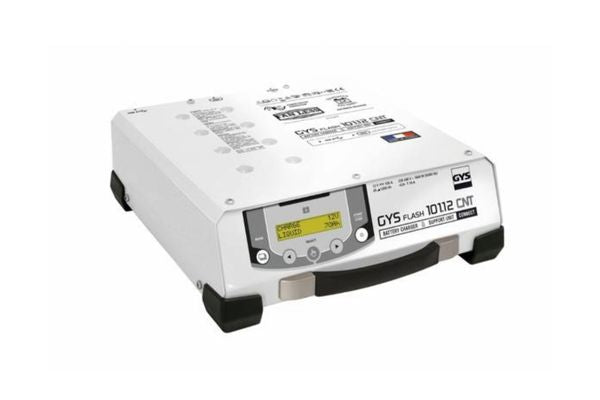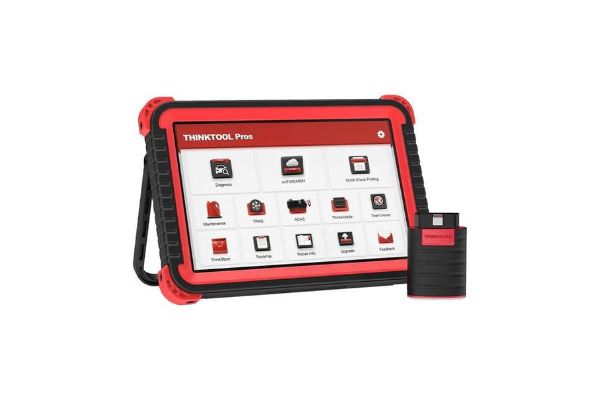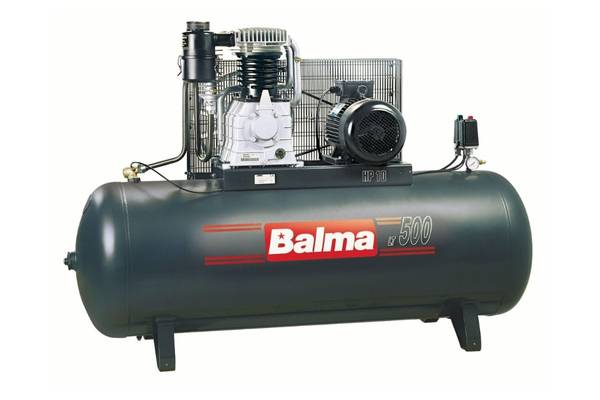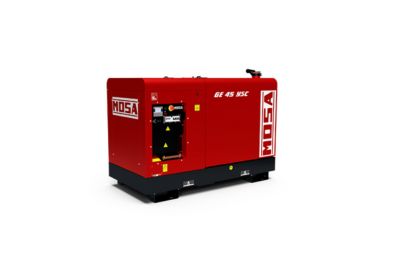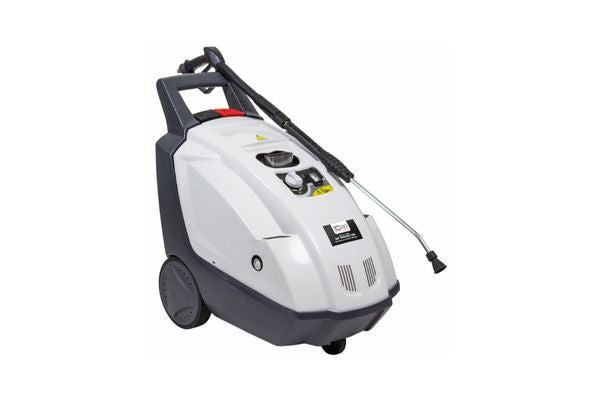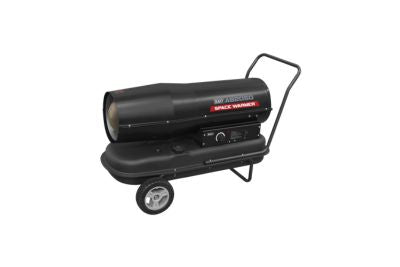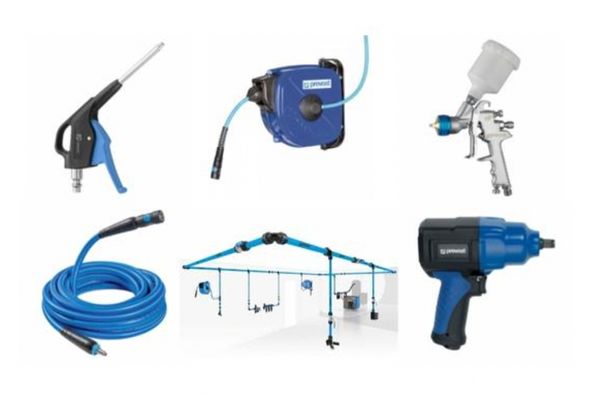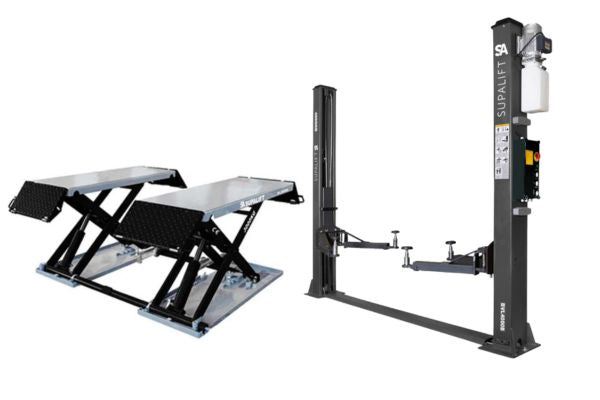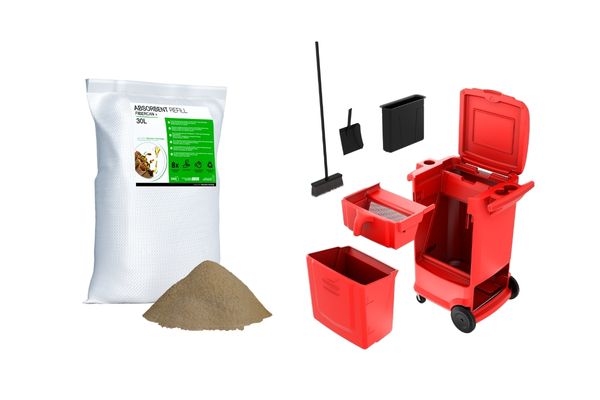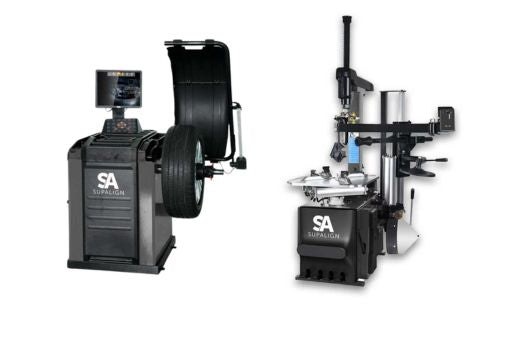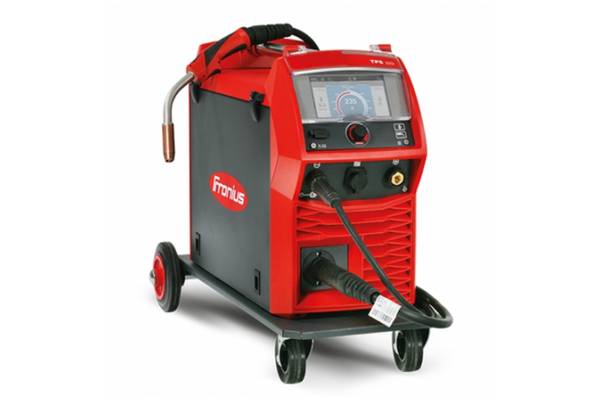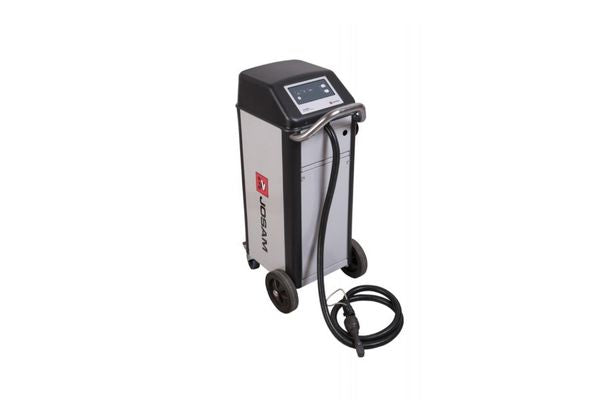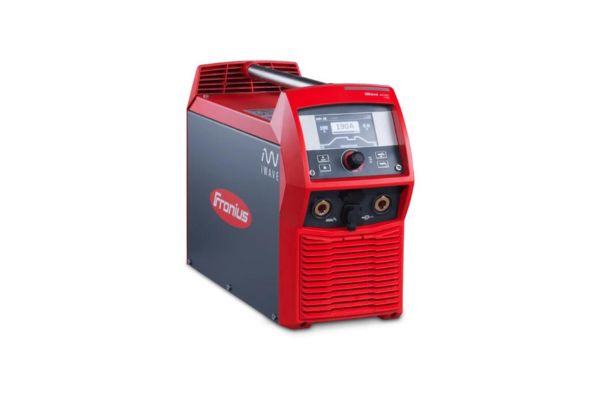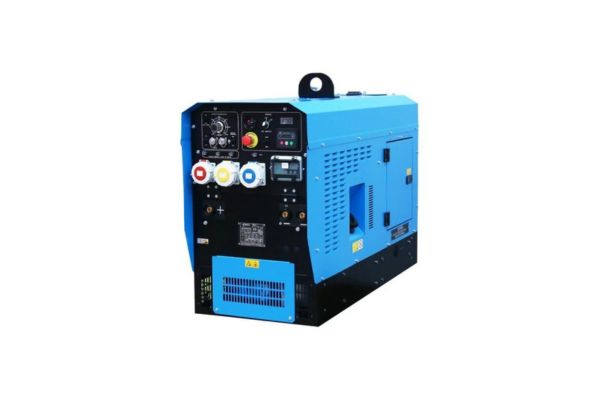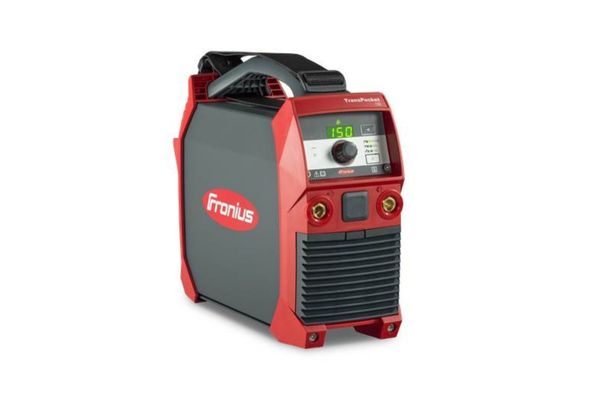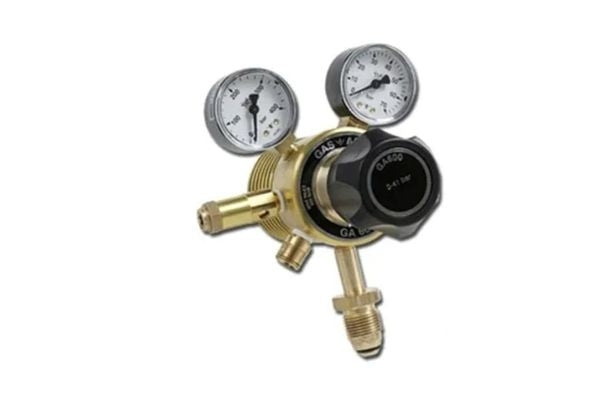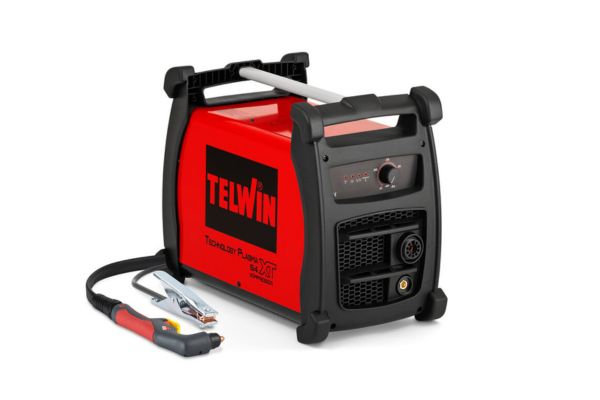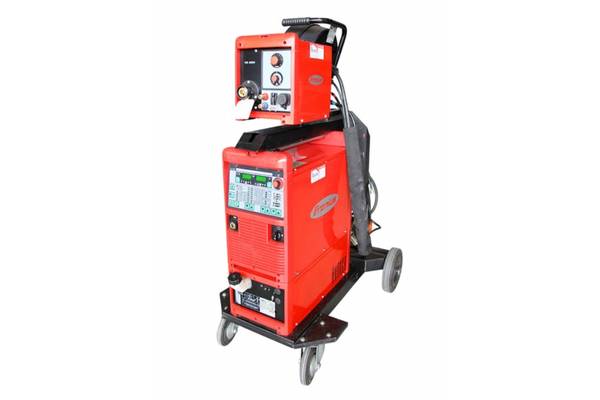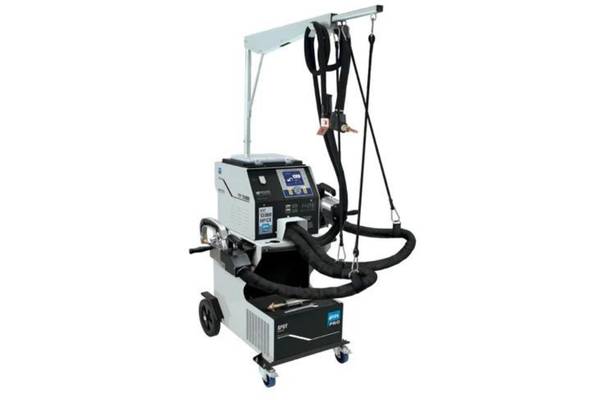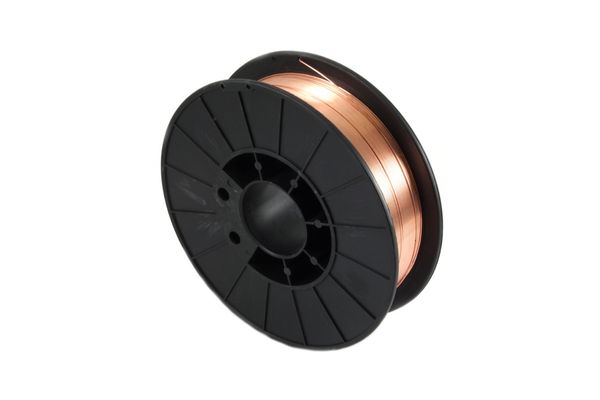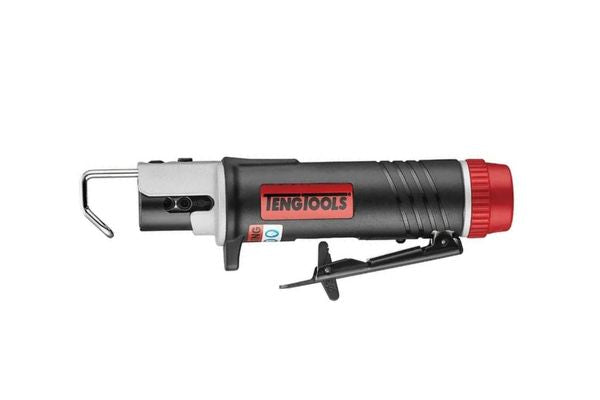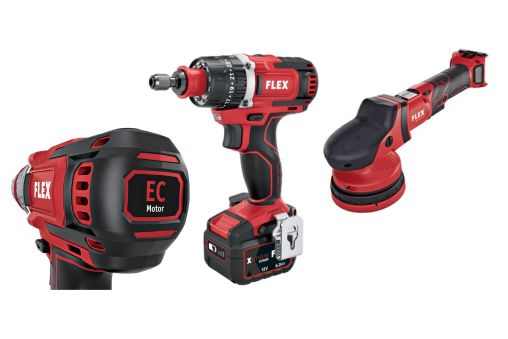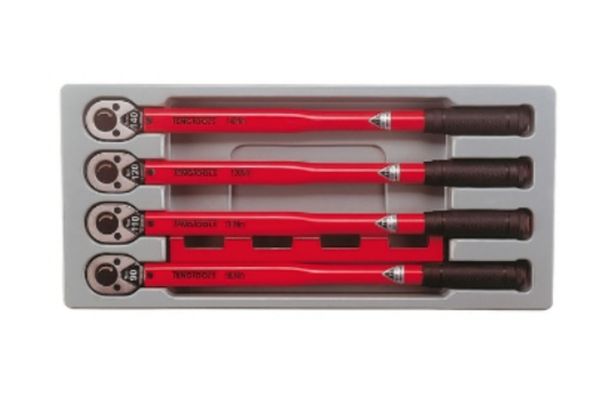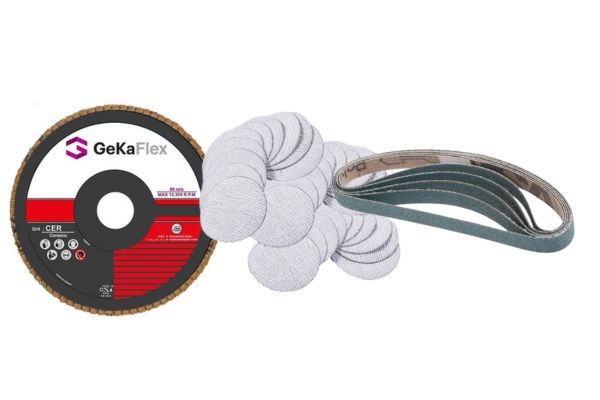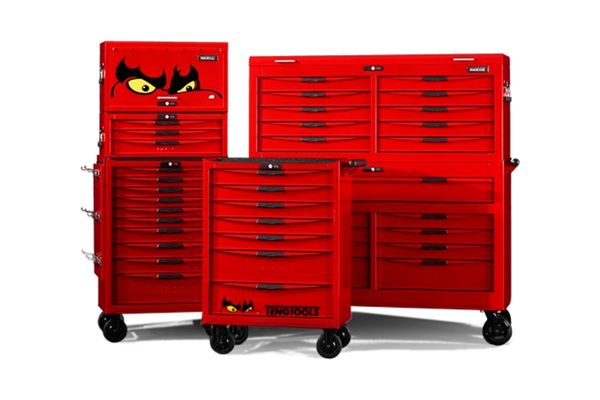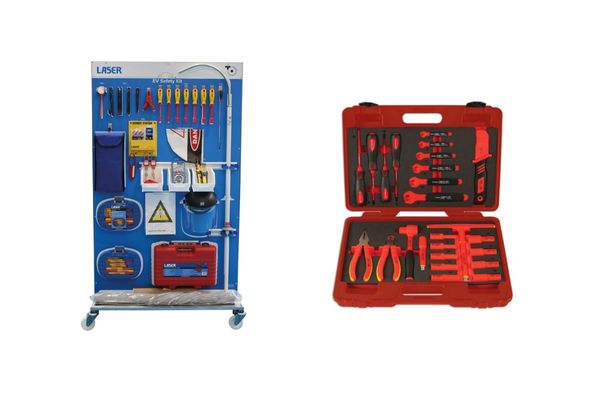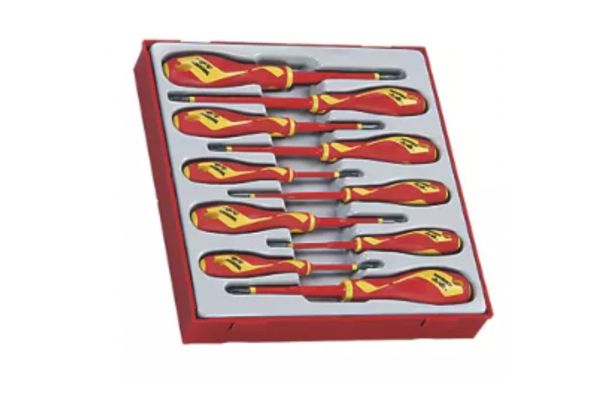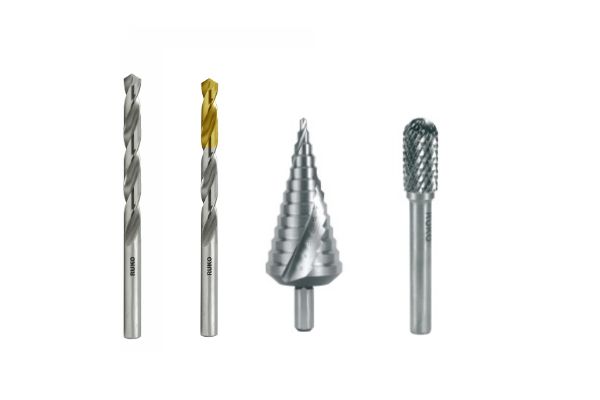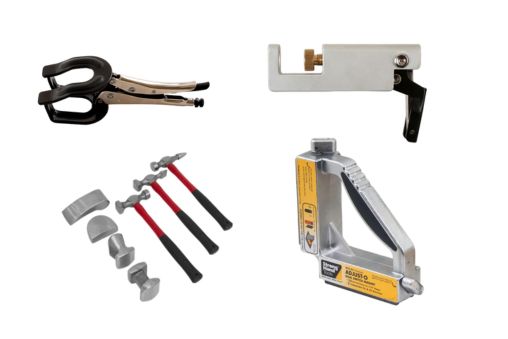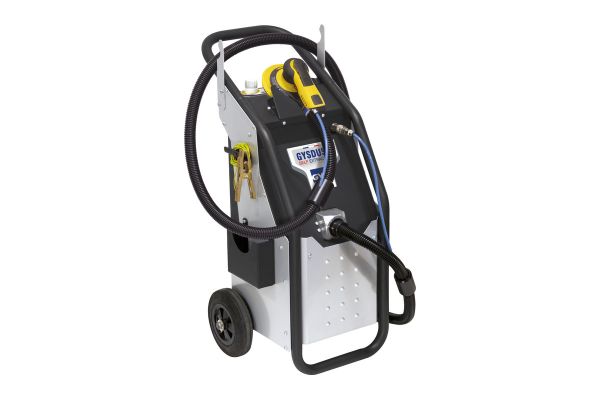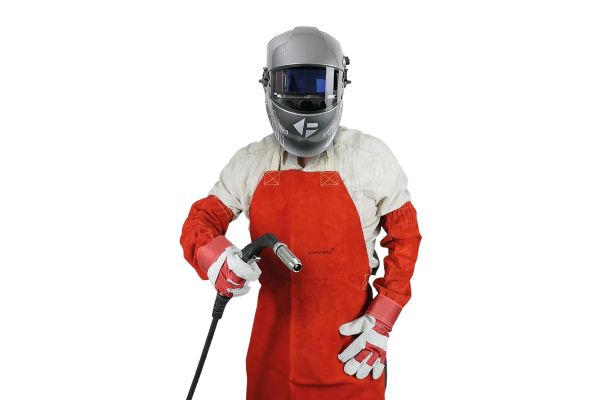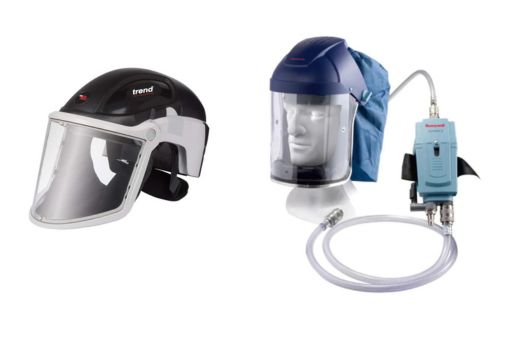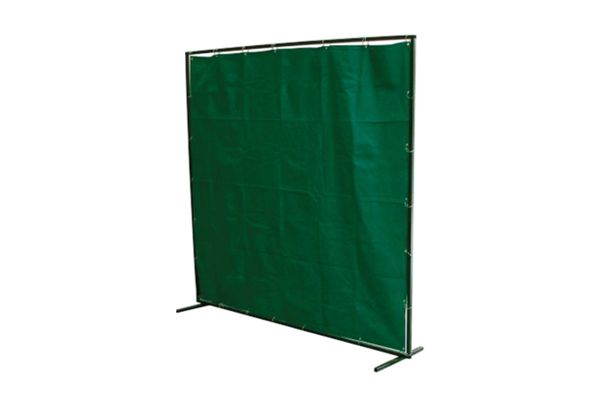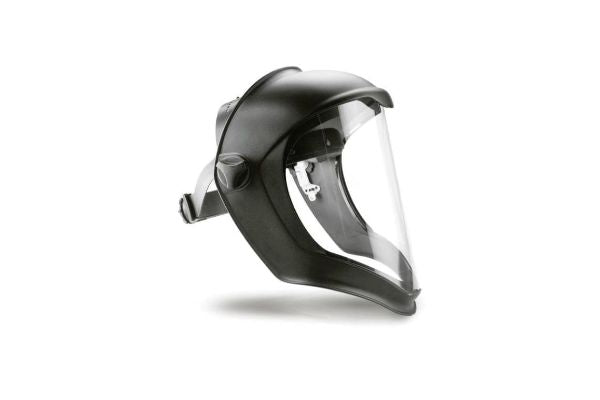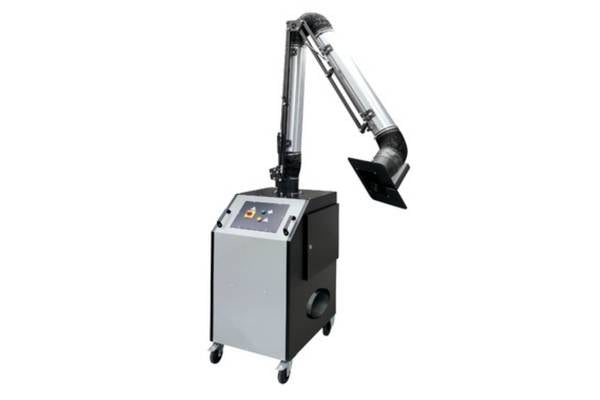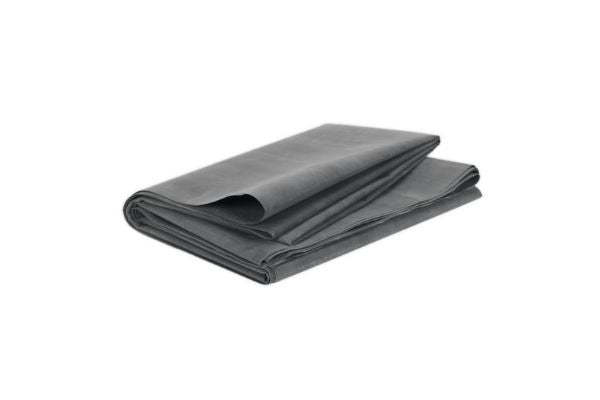NEW Glue Pulling Systems- In Stock!
NEW Glue Pulling Systems- In Stock!
BODYSHOP
WORKSHOP
WELDING
TOOLS
SAFETY
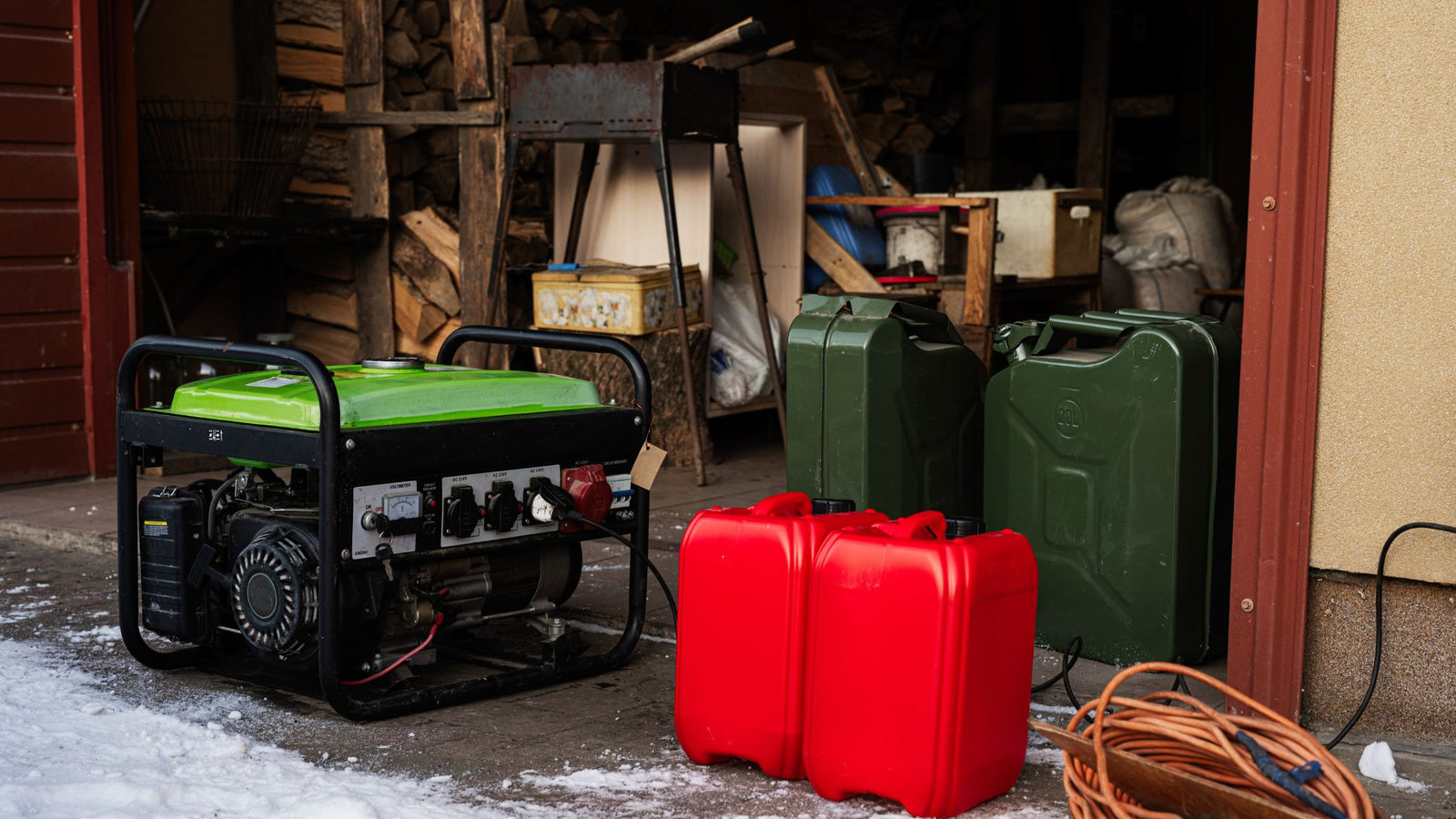
What are the key factors to consider when choosing a generator?
December 06, 2023 5 min read
When choosing a generator, there are several key factors to consider to ensure that it meets your specific needs and requirements. Here are the main factors i would keep in mind then speak to an expert.
Power Output (Capacity)
Determine the power capacity you need. This is typically measured in kilowatts (kW) or, for larger generators, megawatts (MW). Calculate the total wattage of all the appliances and equipment you want to power simultaneously, and choose a generator with a capacity a third higher than that to account for starting surges.
The easy way to do this is to look at all your appliances name plates and using an excel spreadsheet list them all down one by one. Remember to add some contingency especially if you are purchasing, you never know what you may buy or require in the future so always keep this in the back of your mind.
Generator Fuel Type
Generators can run on various fuels, including gasoline, diesel, natural gas, propane (LPG), and bi-fuel options. Consider the availability and cost of the fuel type in your area and choose one that suits your preferences and budget. Do some calculations using the fuel efficiency of your chosen generator and its estimated run time to gain some idea on costs.

Fuel Efficiency
as we have touched on with the generator type , some generators are more fuel-efficient than others. Fuel efficiency can impact operating costs, especially for generators used frequently or for extended periods. Look for models with good fuel efficiency ratings. Do your calculations before you can buy. You can start with this formula:
Cost per Unit of Energy = Cost of Fuel ÷ Energy Content of Fuel
Here's a step-by-step guide on how to use this formula:
-
Determine the cost of each type of fuel you are considering using in your generator. This could be the cost per gallon, liter, or any other relevant unit of measurement.
-
Find the energy content of each type of fuel. Energy content is typically measured in megajoules (MJ) or kilowatt-hours (kWh) per unit of fuel. You can usually find this information in fuel specifications or from the fuel supplier.
-
Plug the values into the formula for each fuel option:
-
For example, if you are comparing gasoline and diesel as fuel options for your generator:
- Cost of Gasoline = £2.50 per gallon
- Energy Content of petrol = 34 MJ per gallon (this value is approximate and can vary)
- Cost of Diesel = £2.80 per gallon
- Energy Content of Diesel = 38 MJ per gallon (this value is approximate and can vary).
-
-
Calculate the cost per unit of energy for each fuel option:
- Cost per Unit of Energy for Gasoline = £2.50 ÷ 34 MJ ≈ £0.0735 per MJ
- Cost per Unit of Energy for Diesel = £2.80 ÷ 38 MJ ≈ £0.0737 per MJ.
-
Compare the cost per unit of energy for each fuel option. The fuel with the lowest cost per unit of energy is the most cost-effective option for your generator.
In this example, diesel has a slightly higher cost per unit of energy compared to gasoline. Therefore, if these are the only factors you are considering, gasoline would be the more cost-effective fuel for your generator.
Keep in mind that other factors may also influence your decision, such as the availability of fuel, the generator's compatibility with specific fuels, and any environmental considerations. Additionally, fuel prices can vary by location and over time, so it's a good practice to periodically reevaluate your choice to ensure ongoing cost-effectiveness.
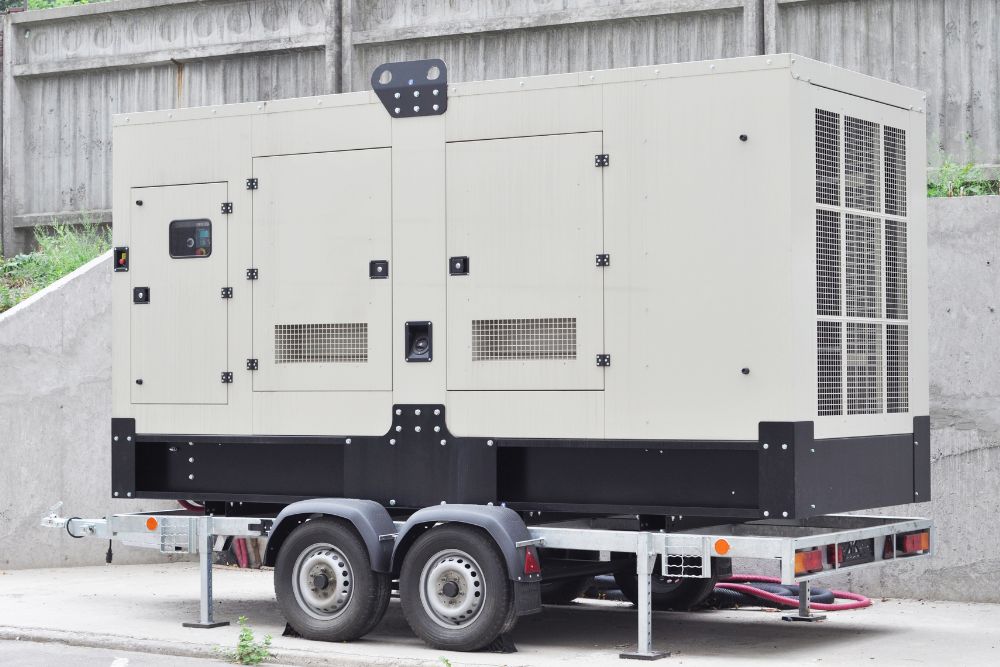
Portability
Determine if you need a portable or stationary generator. Portable generators are smaller, often mounted on wheels, and can be moved to different locations. Stationary generators, also known as standby generators, are typically permanently installed and provide backup power during outages.
Transfer Switch
If you're considering a stationary generator for backup power, you'll need a transfer or mains switch to connect it to your electrical system safely. Make sure to factor in the cost of the transfer/ mains switch.
Voltage Requirements
Ensure that the generator's output voltage matches the voltage requirements of your appliances and equipment. In the United Kingdom voltages used are 110V for site work, 230V for general appliances and 400v for industrial. Another important factor to check is the Herz. The Uk runs on a 50Hz system so all appliance are manufactured to the frequency. A Herz is one rotation of the generator at the power station. So the Uk generators are set for 50 rotations per second.
In the USA and some other countries they have 60Hz. If you use a 60Hz generator on 50hHz appliances it will eventually burn them out or severely reduce their lifespan.
Run Time
Generators have different run times based on their fuel tank size and load. Consider how long you need the generator to run continuously and choose one with an adequate fuel capacity for your needs.
Noise Level
Generators produce varying levels of noise. If noise is a concern, especially in residential areas, choose a generator with a lower noise rating. Look for generators labeled as "quiet" or "low noise."
Start Mechanism
Generators can have manual start (pull cord or recoil) or electric start (battery-powered). Electric start generators are more convenient and are a better option for standby generators. You can also have generator setup for auto start in the event of a power cut. The unit would scence that the power has dropped out and so start the generator so that you can maintain power
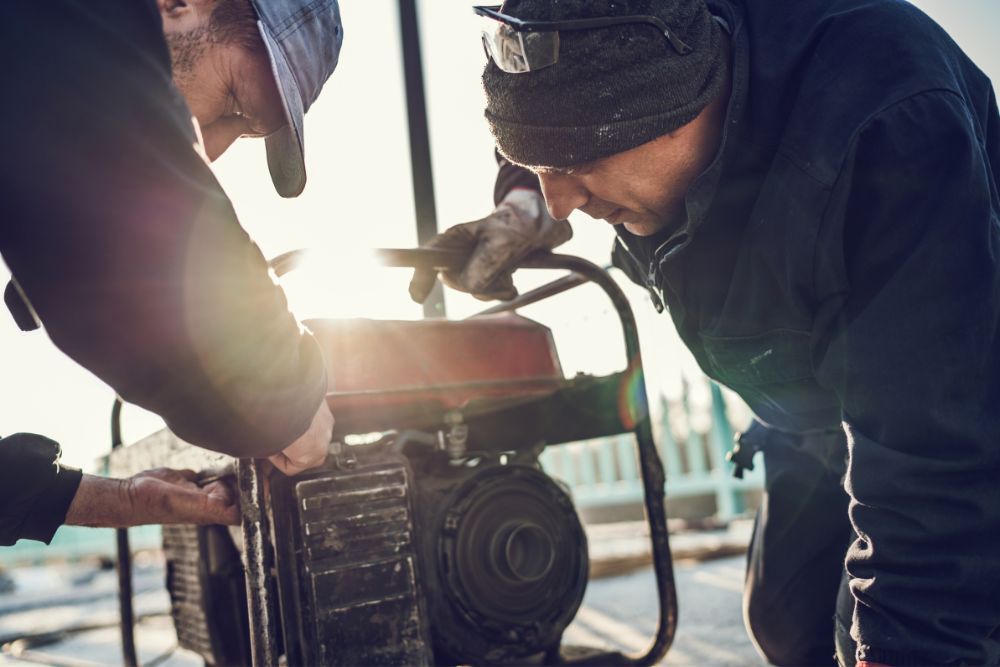
Maintenance Requirements
Like all machines, generators require regular maintenance to ensure reliability. Consider the ease of maintenance and the availability of service and parts for the generator model you're interested in. The generator itself is pretty reliable its what drives the generator that will require servicing and maintenance. In some cases this could be done by yourself so choosing a fuel your familiar with may save you money here.
Environmental Considerations
Check if the generator complies with local emission regulations and environmental standards, especially if you plan to use it frequently in environmentally sensitive areas.
Budget
Determine your budget and look for generators that fit within your price range. Keep in mind that the initial cost is just one part of the total cost of ownership, as ongoing fuel and maintenance expenses should also be considered.
Brand and Warranty
Consider reputable brands with a history of producing reliable generators. Check the warranty offered by the manufacturer, as a good warranty can provide peace of mind. The cheapest purchase price will probably cost you more in the long run compared to a more expensive yet more reliable and fuel efficient model.
Local Codes and Regulations
Be aware of any local building codes, noise regulations, or zoning requirements that may affect the installation and operation of your generator.
Conclusion
By carefully considering these factors, you can select a generator that best suits your needs and provides a reliable source of power when you need it. It's also advisable to consult with a professional electrician or generator specialist to ensure you make the right choice for your specific circumstances. You can take a look at our range of generators by clicking here
If you would like to talk more then please click the Message Us Button and speak to one of our technicians.
Leave a comment
Comments will be approved before showing up.


